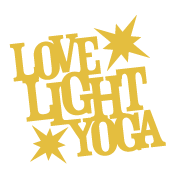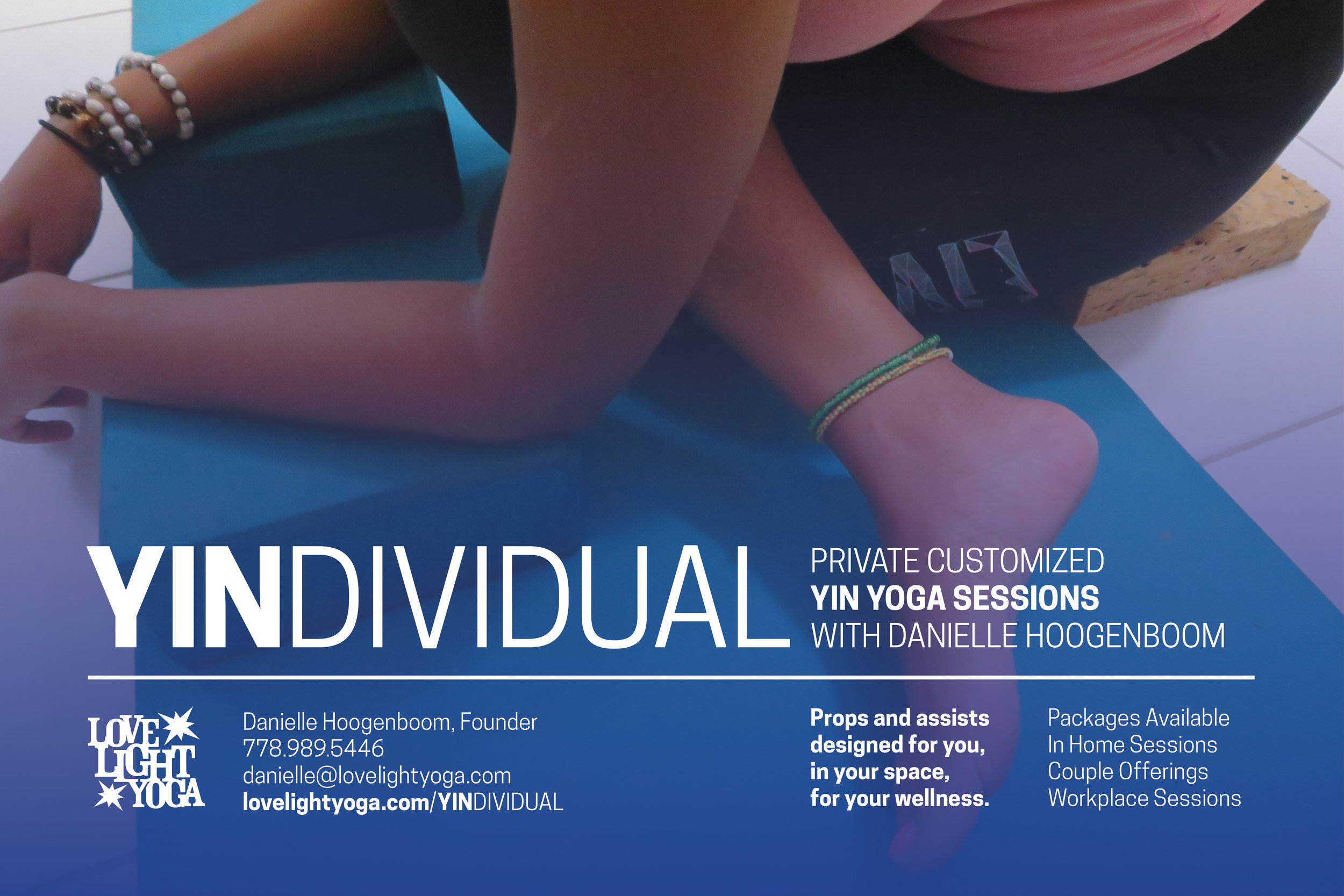Sometimes You’ll Knock Down That Wall for Good
/Guest Blogger: Emily Walker, best known for I'm Fat Vancouver, Get Over It
I took a yin class for the first time in 2009 in a yoga studio near my parent’s house in Southwest Portland. I was taking yoga classes three to four days a week, not because I necessarily wanted to, but because I was seeing a low-cost therapist who told me I needed to start making goals around leaving the house. With a recent diagnosis of bipolar disorder and my confidence, pride and independence in tatters all over the floor, I forced myself to go to this therapist and talk because I was existing in two states: awake and asleep. Sometimes they were two parallel roads but other times they looked like a venn diagram. Showers were too hard. Putting on clothes that weren’t pajamas before 7pm was out of the question. Leaving my parent’s basement was too complex. Some days I would set my therapy appointments for 10am so I could say see, I got out bed like a normal person, and come home and immediately crawl back into bed until dinner, and then go back to bed after that. This therapist, a doctoral candidate at the low-cost university training center, made me make a list of things I liked to besides writing, reading, watching hockey or drinking. I only put one thing on the list. One time I took a yoga class when I was 18. I kind of liked that.
So I was taking beginner hatha courses, and then advanced up to vinyasa, and tried Iyengar, Kundalini, and Anusara. One night I walked into a yin class, kind of by accident and immediately discounted it for being restorative—a bore fest in my opinion. This wasn’t going to help keep my body busy enough for my mind not to interfere with its constant soundtrack of thoughts and doubts. But then we started in and after a few poses we moved into pigeon pose and I felt this shifting inside: I like this, this feels great, and whoa this is actually hard.
When you’re bipolar, there is nothing harder in the world than keeping your brain as still as possible while your body also is.
I’m also fat, which adds a whole other dimension to this journey with yin and yoga in general. I say the word fat in the context of the body positivity movement. I’ve written extensively about my experience within that movement and I try whenever possible to reclaim that word. But it’s worth noting when you are labeled as fat, feelings around your body are often discounted. You are often told every failing with your body is a byproduct of you. You created this problem—you not only need to live with it, you need to face the music that your life is complete shit because of your body. But, you must never complain. You must never acknowledge the pain, the aches, the signals it tells you, whether weight has anything to do with it or not. You didn’t do your job, you must live with the consequences. You deserve all of this. Push through.
I worked as a stagehand for several years in Vancouver, Canada. Before that I did several years of event production jobs in Portland, OR. When I finally had my worst meltdown and was diagnosed with bipolar disorder, I worked for only 90 days in a book-distribution warehouse throwing around large boxes of books for hours and hours at a time. Local crew jobs replicate the rapid-cycling bipolar folk best—three or four 16+ hours days with a week off in between. That book warehouse was five days a week, eight hours a day and it almost killed me. These jobs were almost always male-dominated professions. If I didn’t pull my weight on the job while also carrying mine, it was because I was the weak girl. My mantra became never stop, don’t let them see you bend. You certainly must not break. I’m stubborn about all the wrong things. I have a permanently destroyed shoulder because I walked around with it separated for 16 months straight. I was 17 when I finally started physical therapy for it.
I think that’s why yin was so revolutionary for me-- for once I was told it was okay for me not to push everything 100% and dial everything up to 11. For once I was told listen to what your body is telling you. I didn’t even know what that meant. I was never allowed to stop and listen. For once I was told your hips may hurt for more of a reason than the weight you carry and maybe it’s not your fucking fault. It could be because you had an alcoholic, undiagnosed-bipolar, military dad who told you at six years old to “man-up” on the daily. And that’s a really freeing feeling—to comfortably test your limits-- to comfortably say no and to comfortably say yes. Forget being a fat woman—to have someone say “you can say no” is devastating and such a relief at the same time as a woman the first time you hear it.
I see yin as an amazing metaphor—push yourself in small doses and if you do that you will go deeper and farther in the long run. I’m a contradiction—I’m completely stubborn but I’m also a professional quitter. I’ve quit everything I’ve ever loved when I was no longer “good” at it or the minute something got “hard”. Yin is amazing for the fact that a pose can feel boring or easy for the first five minutes and increase in difficulty the further you dig in. It can also go the other way. Yin was what finally made me realize that sometimes shit can be difficult and uncomfortable to begin with, but the longer you sit there in the muck the less likely that feeling of anxiety is to kill you. I try to move that into my daily life—sit here in the haze of uncomfortable, wait for it to pass, but if it gets to be too much you can back out for awhile and try again later. But you can also push back really hard, and sometimes you’ll knock down that wall for good, forever.







